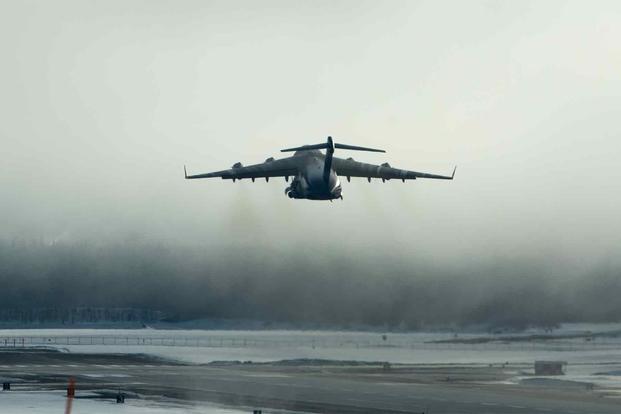Mrjoemorgan
New
Hey everyone,
I did a search around and couldn’t find any information about this.
Looking at the DAN website it says:
Does going in a bi-plane for 15 minutes with a max cruising altitude of 2500-3000ft without a pressurized cabin increase or decrease my chances for DCS?
I’ll be doing three dives the day before I fly.
930am = 30-40m dive
1130am = 20m dive
1pm = 20m dive.
I then fly at 10am the next day. Which will be around 21 hours post final dive.
I know some say 18 hours for multi level and others say 24 hours.
I checked with the dive shop and they said I’ll be fine.
But was curious about bi plane vs “normal” plane when it comes to DCS.
I might also stay at 20m for all three dives tomorrow as the first is the Blue Hole in belize and I don’t see the point in going deeper.
Thanks in advance for your help.
Joe
I did a search around and couldn’t find any information about this.
Looking at the DAN website it says:
They apply to air dives followed by flights at cabin altitudes of 2,000 to 8,000 feet (610 to 2,438 meters) for divers who do not have symptoms of DCS.
Does going in a bi-plane for 15 minutes with a max cruising altitude of 2500-3000ft without a pressurized cabin increase or decrease my chances for DCS?
I’ll be doing three dives the day before I fly.
930am = 30-40m dive
1130am = 20m dive
1pm = 20m dive.
I then fly at 10am the next day. Which will be around 21 hours post final dive.
I know some say 18 hours for multi level and others say 24 hours.
I checked with the dive shop and they said I’ll be fine.
But was curious about bi plane vs “normal” plane when it comes to DCS.
I might also stay at 20m for all three dives tomorrow as the first is the Blue Hole in belize and I don’t see the point in going deeper.
Thanks in advance for your help.
Joe





